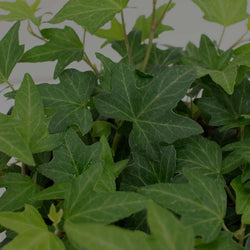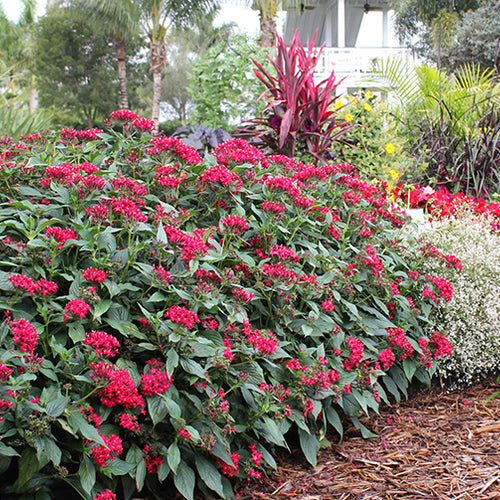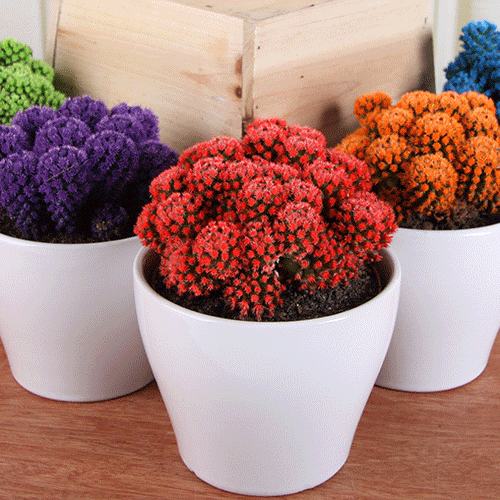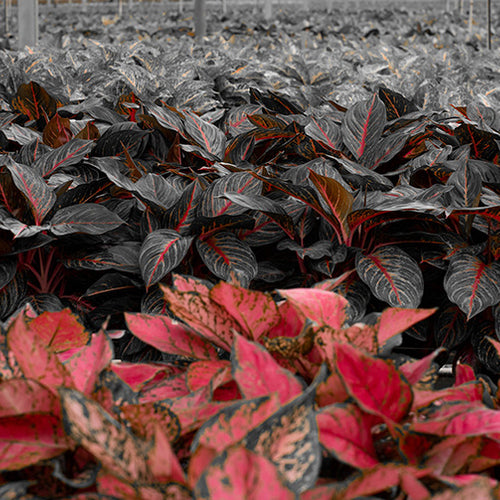We know you are a plant lover. But are you also a word person?
If you draw a Venn diagram of both your passions, the overlapping area would be in Latin. Surprised? It’s because in the branch of science concerned with plant classification, called taxonomy, all names are in Latin.
Thanks to the father of plant taxonomy, Carolus Linnaeus, a Swedish botanist, all plants since the eighteenth century have been classified using Latin. In fact, even when a new plant is discovered and entered into the plant world, it is named in Latin.
Around the world, all plants everywhere are referred to by Latin names. Botanical Latin is a universal language. So let’s see how botanical Latin works. Take Philodendron: "philo" means "love" and "dendron" means "tree." Hence Philodendron means tree lover (because many varieties grow by climbing up the side of a tree).
Latin plant names identify characteristics about the plant, such as color, growth habit, leaf shape, and more.
Size
Small plants may be identified as pumila, which means "dwarf." So when you see Ficus pumila (aka Creeping fig), you know some part of it is going to be small (in this case, the leaves). Another example is Cortaderia selloana 'Pumila' which is a compact Pampas Grass. If a plant has "gracilis" in its name, it means some aspect of it is slender.
Colors
Botanical Latin may reveal the color of flowers or leaves. Albus means white, nigrum means black, argenteus translates to silver, aureus is gold, and azureus is blue.
Growth habit
A plant with the word frutescens in the name, such as Leucophyllum frutescens (Texas Sage), tells you that it is shrubby. Philodendron scandens indicates that it is a climber (“scandens” means “climbs”).
Shape
The leaves of Ficus triangularis ‘Variegata’ tell you two things. Triangularis means the leaves are a triangle shape and ‘Variegata’ means variegated. Oxalis triangularis, also called false shamrock, is a perennial plant that also bears triangle-shape leaves. The Latin word "rotundifolia" means “round leaved” (rotund = round and folia = leaves).
Want to learn more? You can use a Latin to English translator on your phone to discover more about how Latin reveals plant characteristics. For word and plant lovers, it’s yet another dimension of immersion in your growing passion.
Written by Karen Weir-Jimerson

















